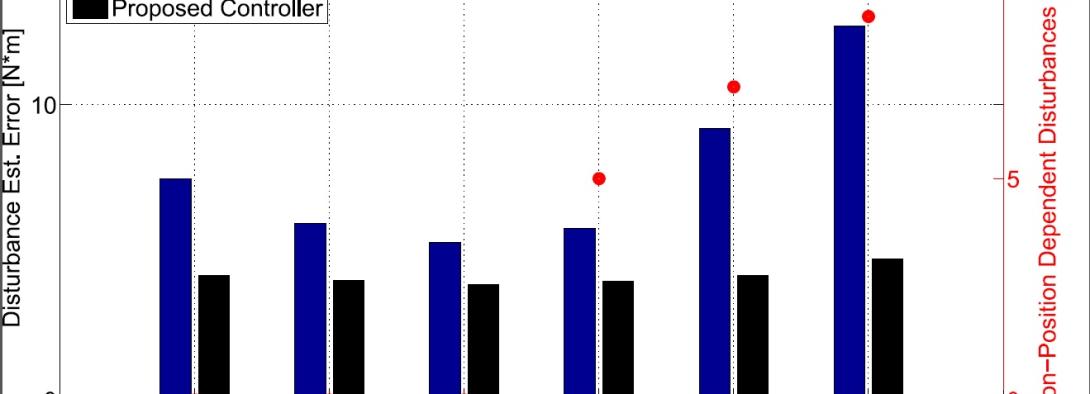Providing minimal assistance to neurologically impaired individuals only becomes possible when the subject's functional capability is known. In this research we introduce a minimal assist-as-needed (mAAN) controller which utilizes sensorless force estimation to determine subject inputs as a function of time, before providing a corresponding assistance with adjustable ultimate bounds on position error. Our adaptive input estimation scheme utilizes a Kalman filter in conjunction with Lyapunov stability analysis, and is shown to provide fast, stable, and accurate estimation regardless of subject interaction. Finally, in order to promote active participation of subjects with various capability levels, we introduced two additional algorithms: a bound modification algorithm which alters allowable error, and a decayed disturbance rejection algorithm which lets able subjects exceed the desired trajectory. The sensorless force estimation, error bound modification, and disturbance rejection decay algorithms are all validated experimentally upon a single joint of the RiceWrist-S.

Rehabilitation Robotics
